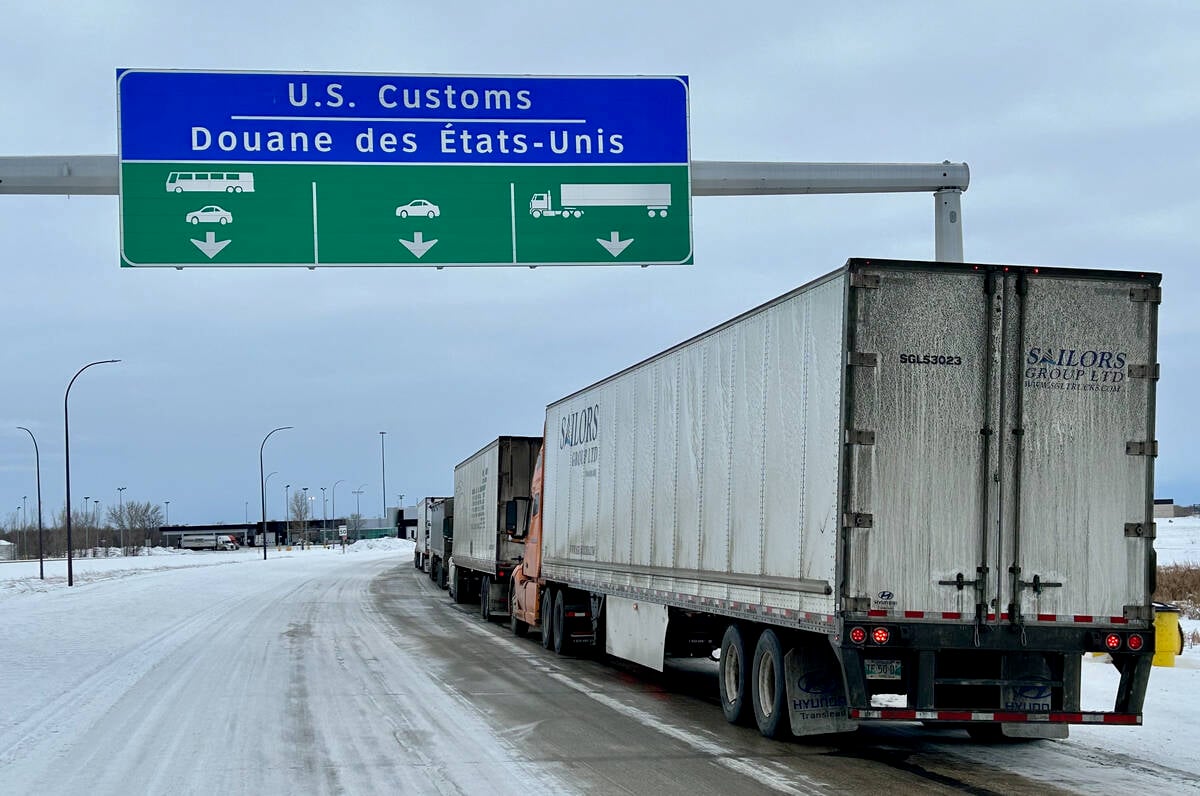Victims of a Canadian pigeon breeding fraud are finally receiving financial compensation.
Unfortunately, 80 eligible claimants in the bankruptcy case will split only $130,000. They were asking for $3 million.
Arlan Galbraith, owner of Pigeon King International in Kitchener-Waterloo, Ont., declared bankruptcy in 2008. He owed $23 million to unsecured creditors.
In December, creditors attempting to recover a portion of their losses agreed to a payment plan at a hearing in Kitchener, Ont.
According to the Waterloo Region Record, only four creditors showed up for the meeting and another 54 responded by mail. It was a fraction of the 350 creditors with claims against Pigeon King International.
Read Also

U.S. bill could keep out Canadian truckers
The Protecting America’s Roads Act, which was tabled in the U.S. House of Representatives at the beginning of October, would “rid the country of illegal immigrant commercial truck drivers and ineligible foreign nationals.”
Most of the eligible creditors are farmers who agreed to raise pigeons for Galbraith. He promised to buy offspring back from producers and sell the high-end racing pigeons to buyers overseas or for the emerging market for pigeon meat.
In 2013, an Ontario court concluded there was no viable market for pigeons. Galbraith’s business was essentially a Ponzi scheme, buying pigeons from his existing contractors and selling them to new producers. He was sentenced to seven years in prison for fraud.
Creditors will share only $130,000 because Galbraith and the pigeon business had few assets. He ran the pigeon breeding operation using a GMC van, a Dodge half-ton and a few pieces of office furniture.
The Pigeon King saga grabbed the attention of journalists from around the world, who were amazed someone could convince farmers to raise pigeons and fabricate a market for the birds.
This past March, seven years after Galbraith went bankrupt, the New York Times magazine published a lengthy piece with the headline: Birdman, the Pigeon King and the Ponzi Scheme that Shook Canada.
The Times said Galbraith had contracted more than 1,000 farmers in five provinces and 20 U.S. states to raise pigeons. He took $42 million from producers and promised to buy back $356 million worth of pigeon offspring.

















